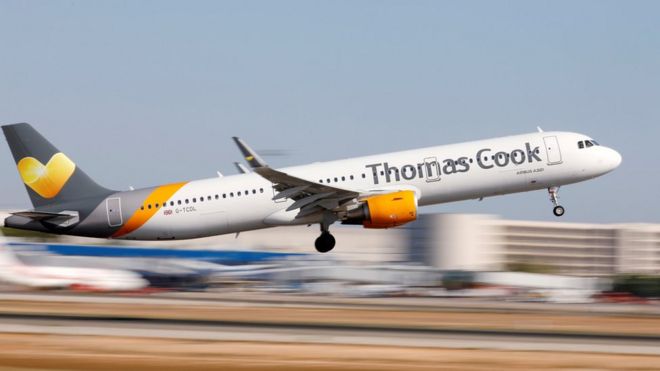Announcement of £4 billion industry ‘lifeline’ expected this week
A £4 billion travel industry ‘lifeline’ that would underwrite customer refund credit notes could be announced this week, according to reports.The challenge of providing refunds for holidays that have been cancelled or delayed has become the most divisive issue in the sector during the Covid-19 pandemic.
Trade body Abta has been lobbying under its #SaveFutureTravel campaign for a change in the Package Travel Regulations (PTRs) to allow firms more time to refund and to make sure Refund Credit Notes carry the same weight of protection as the original package holidays.
But consumer anger has been mounting over firms refusing refunds or delaying processing refunds and the sector fears a wave of credit card chargebacks will lead to widespread company failures and job losses within weeks.
A counter #ItsRightToRefund campaign led by former Travel Republic managing director and VIVID Travel founder Kane Pirie supporting a limited grace period for refunds to July 31 but not a change in the law is gaining traction among consumers and some industry bosses.
Following reports of a stalemate in government after different departments disagreed about how to protect firms from failure while maintaining consumer rights, The Sunday Telegraph reports today that an announcement could be imminent.
The newspaper reported that proposals were being finalised over the weekend by transport secretary Grant Shapps, business secretary Alok Sharma and head of Atol Andy Cohen who, it was reported, has given the £4 billion lifeline “his blessing”.
The proposal would see credit notes being officially backed by government guarantee so that should companies that have issued them fail the consumer would get their money back.
The Sunday Telegraph said pleas from other sectors of business for special treatment could prove to be a sticking point, but an announcement is expected as early as this week.
Although the £4 billion scheme would not satisfy those who are demanding all customers receive a cash refund as stipulated under the PTRs, The Sunday Telegraph said it was hoped it would help enough consumers be persuaded to accept credit notes to take the pressure off the industry.



